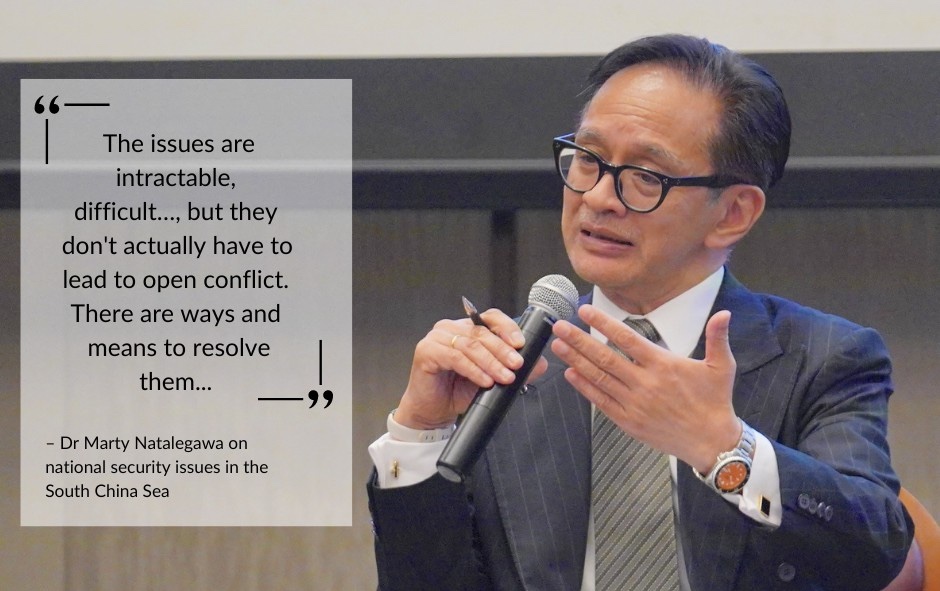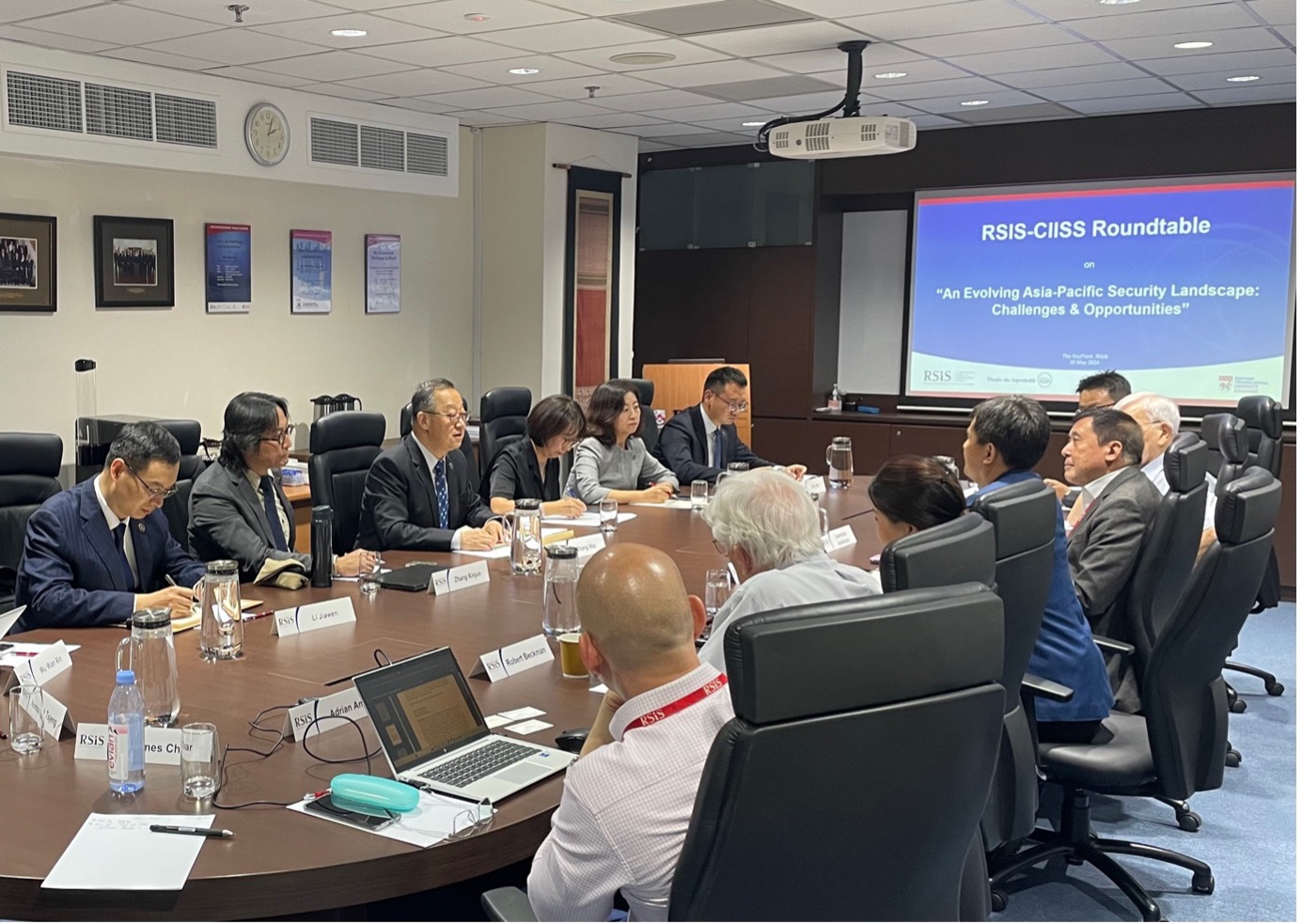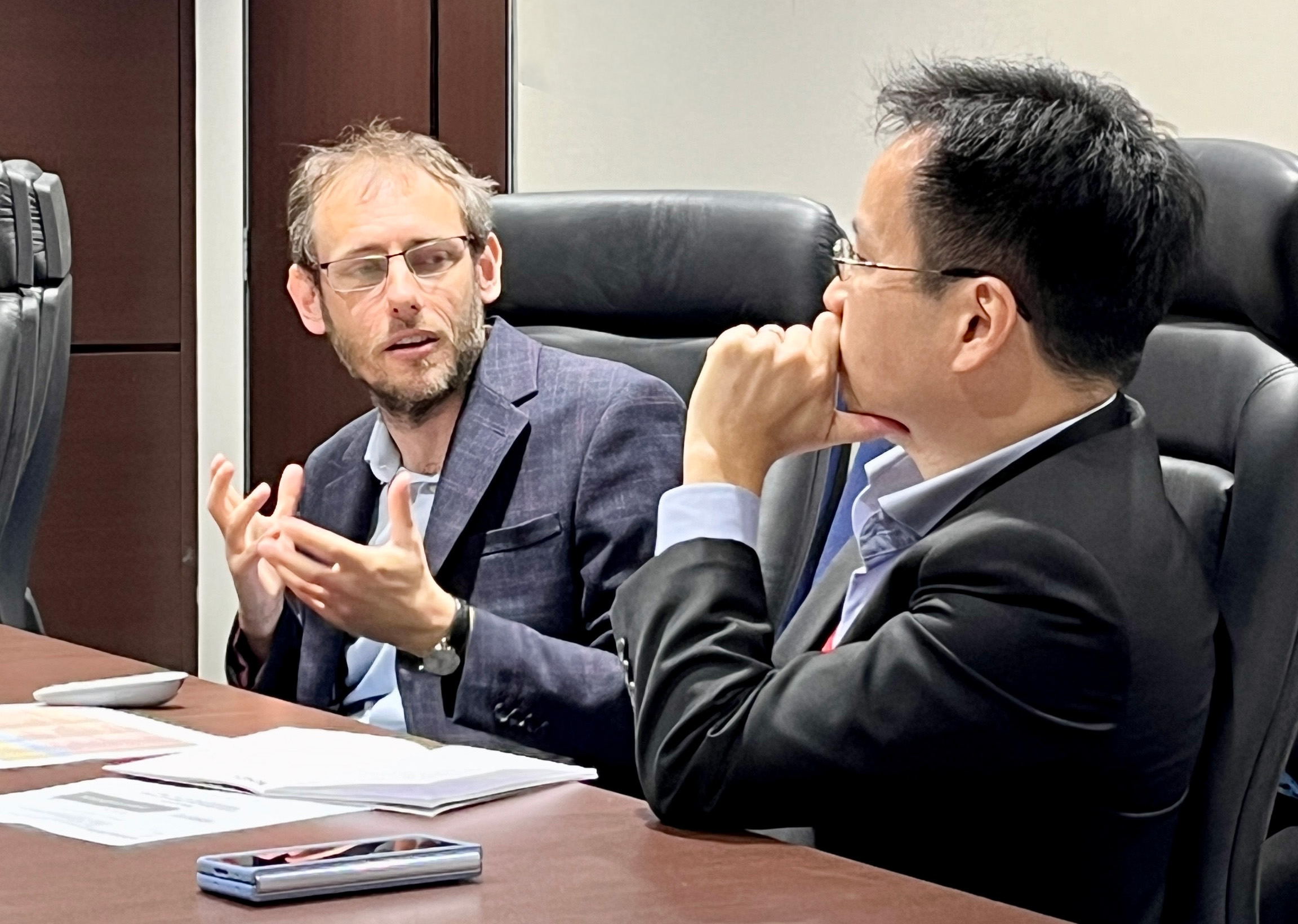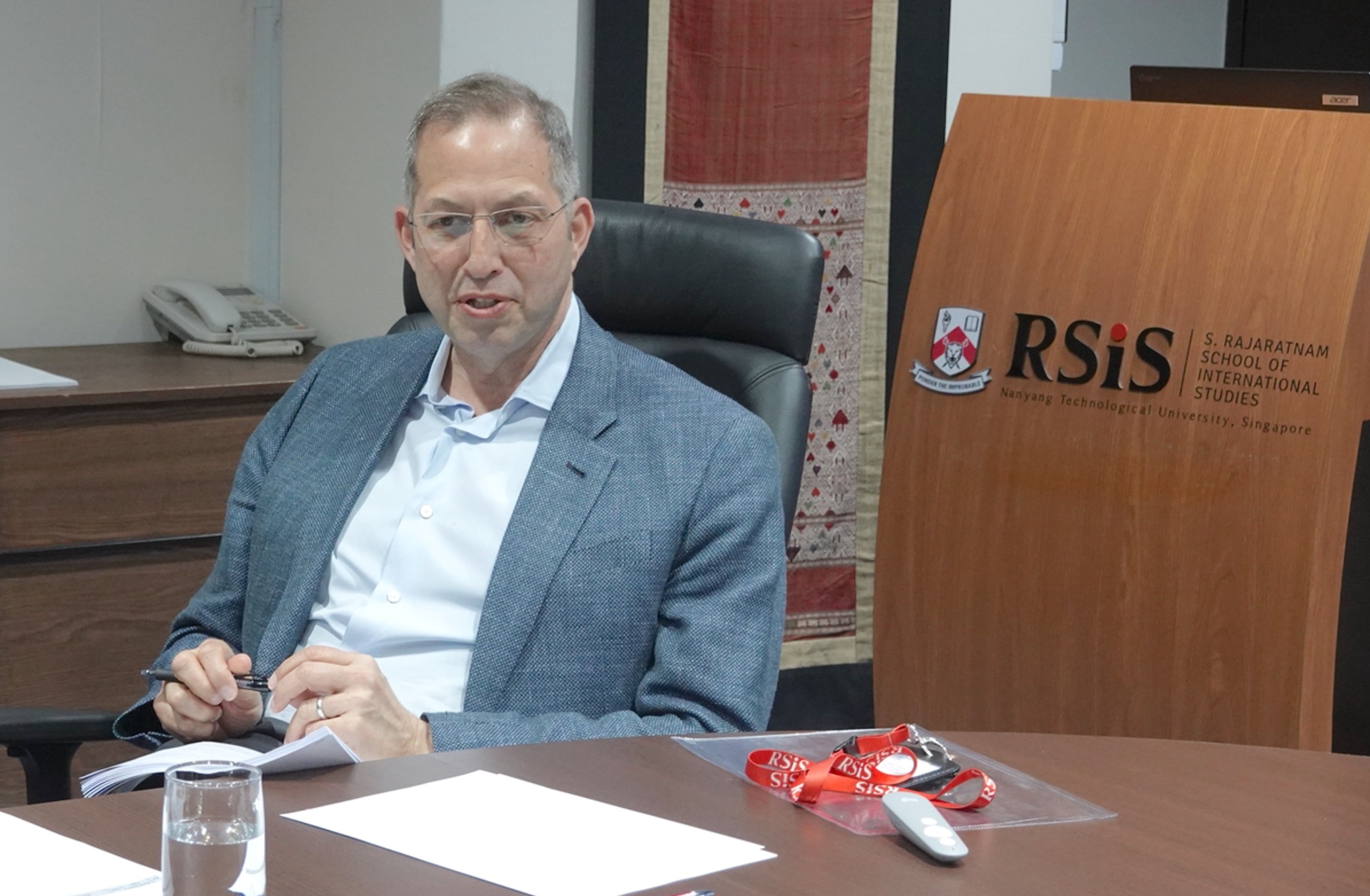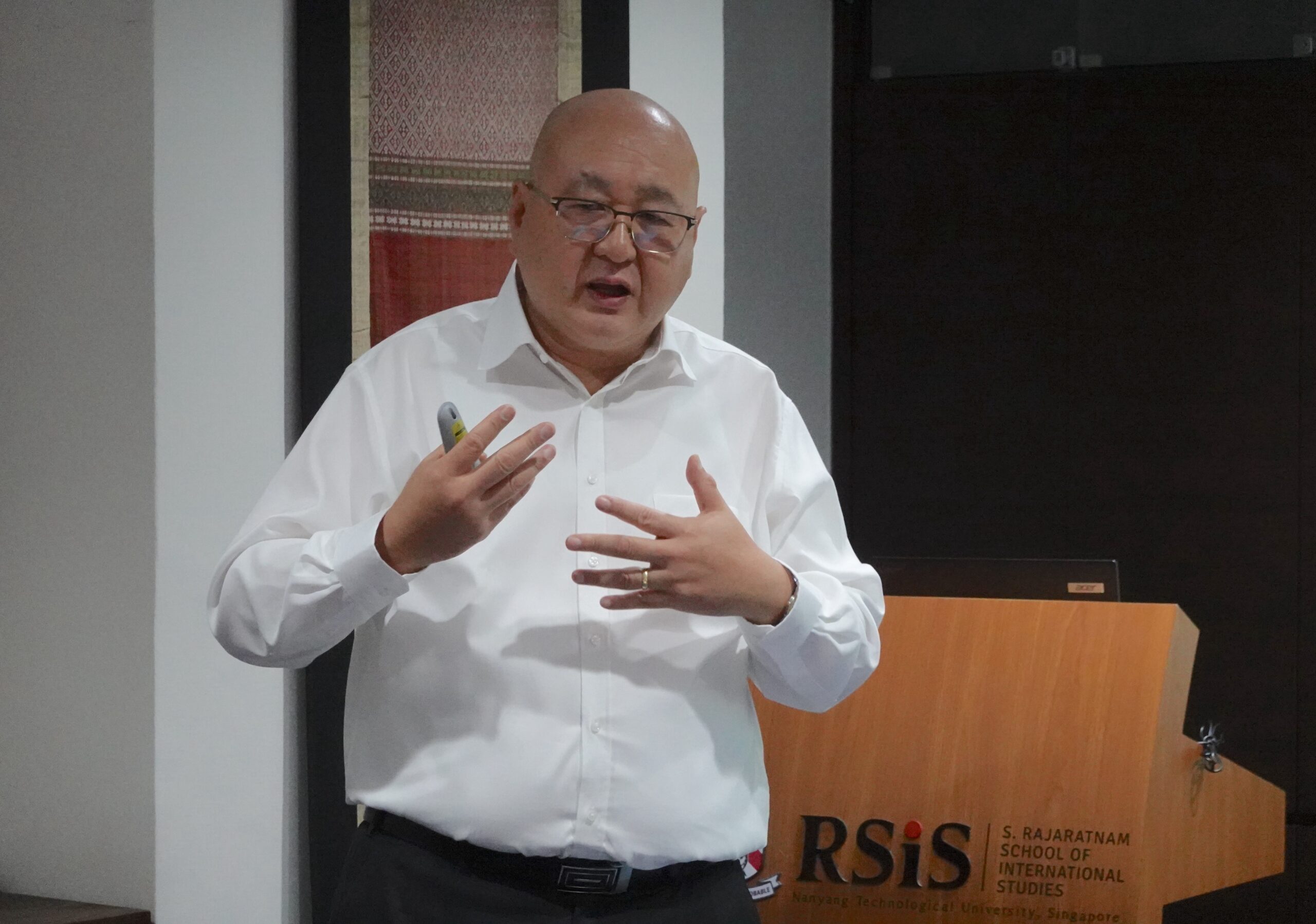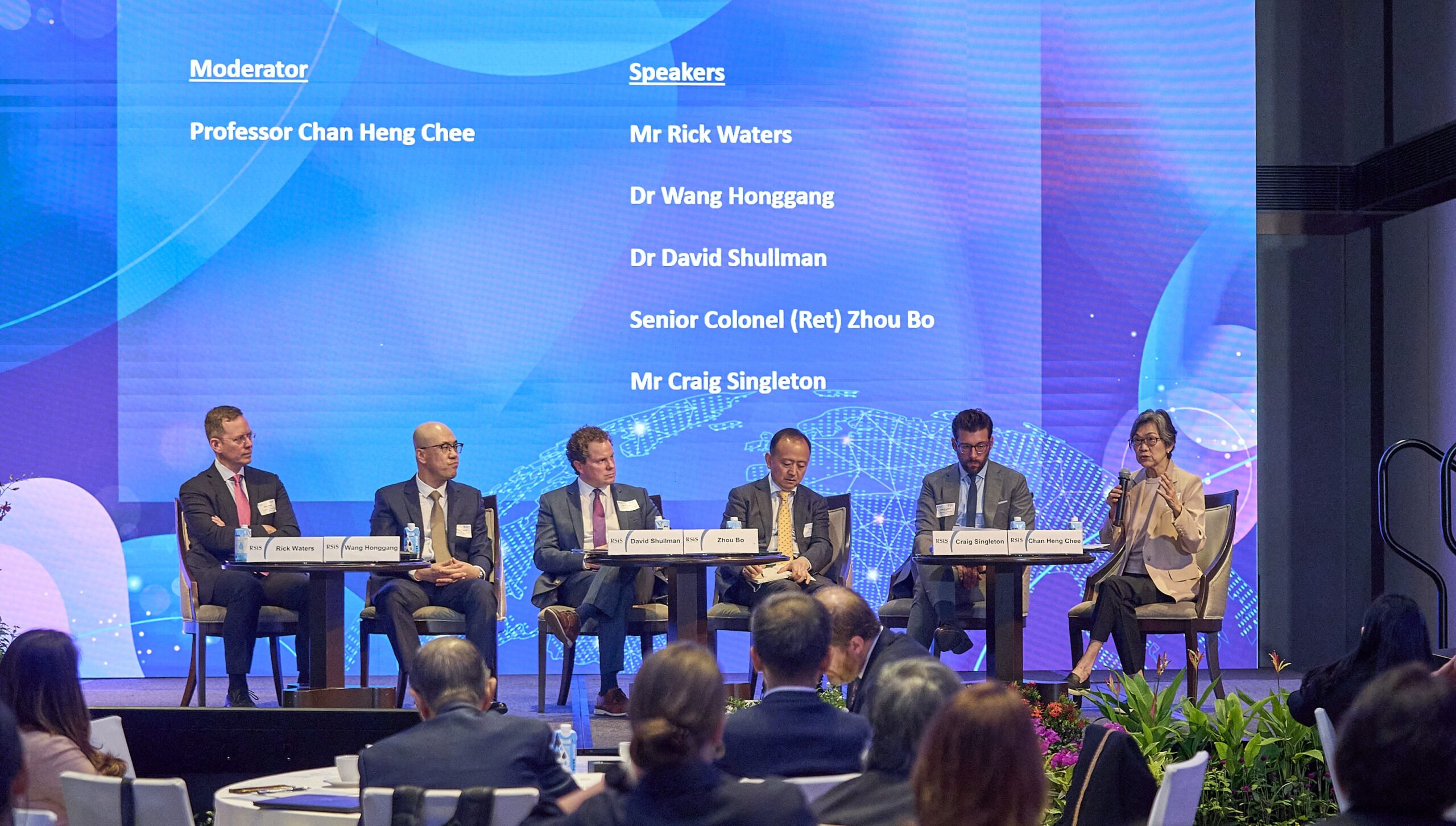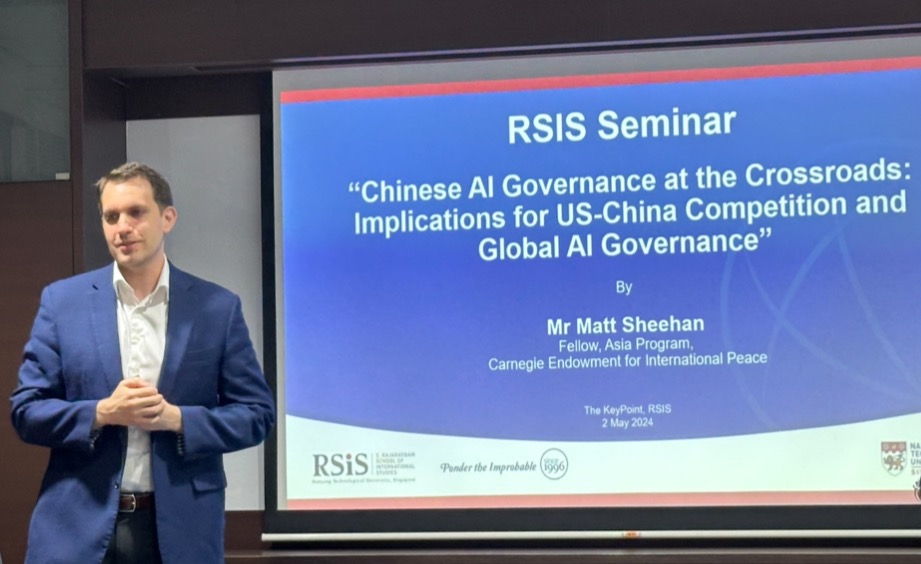

The Studies in Interreligious Relations in Plural Societies (SRP) Programme at RSIS held a webinar titled “Inclusive or Exclusive? Engaging ‘The Religious Other’ in Islamic Tradition” on 21 May 2024. Attended by 42 participants, the webinar discussed the terms “inclusivist” and “exclusivist” in relation to Muslim theological positions and social attitudes towards the religious other, and how Muslim sacred texts have been emphasised or de-emphasised to support these positions and attitudes. It featured Prof Abdullah Saeed, Sultan of Oman Professor of Arab and Islamic Studies, Redmond Barry Distinguished Professor, Director of the National Centre for Contemporary Islamic Studies and the Convenor of Islamic Studies at the University of Melbourne, Australia. Prof Saeed was also Advisor to SRP, and Peter Lim (Visiting) Professor of Peace Studies at RSIS.
Prof Saeed began by explaining how terms such as “inclusivism”, “exclusivism”, and “pluralism” entered Islamic discourse over the past couple of decades. He proposed a framework that differentiated theological beliefs about another religion from social attitudes towards people who followed other religions. He also considered how theological or social inclusivism or exclusivism existed on a spectrum. For instance, a Muslim who was a strong theological exclusivist may believe that Islam was the only true and valid religion. Yet, such a person could also be a strong social inclusivist, believing that people of other religions had the same dignity, and that he or she should collaborate, work, and cooperate with them in doing good. Theological positions and social attitudes may not correlate.
Prof Saeed also explored inclusivist and exclusivist texts in the Quran along theological and social themes, demonstrating that the Quran and the Hadith had an inherently inclusivist framework when dealing with other religions and their followers. He argued that this inclusivist framework was an important part of a holistic approach to reading the Quran – especially seemingly exclusivist texts. Such an approach should also consider linguistic analyses and historical context.
The webinar concluded with Prof Saeed’s argument that there should not be an obstacle to the maintenance of good, harmonious, respectful relation with people of other faiths, for which sacred texts have been overwhelmingly supportive.
Watch the webinar here:






